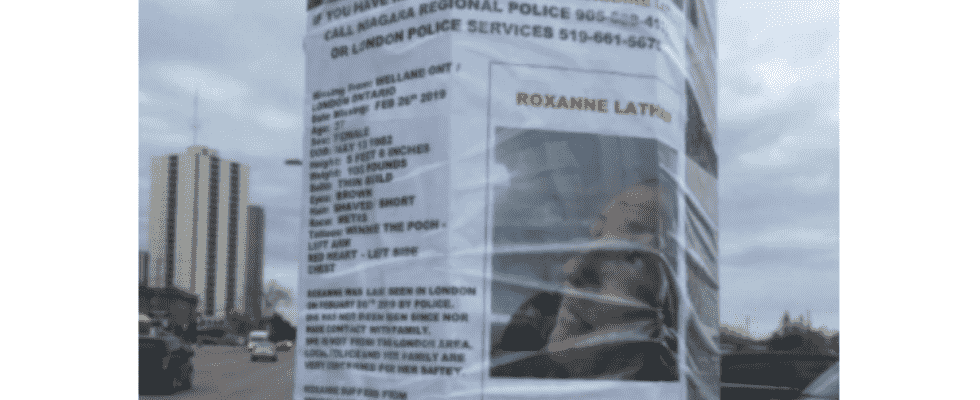London police made urgent requests for personal records in fewer than two per cent of the nearly 700 missing person cases last year, a new report says.

London police made urgent requests for personal records in fewer than two per cent of the nearly 700 missing person cases last year, a new report says.
The requests under the Missing Persons Act allow police to bypass a judicial order for banking, travel, health-care and other records in cases where police believe the missing person is in immediate danger or the records could be destroyed.
Investigators invoked that power in 10 of the 690 missing person cases last year, representing 1.4 per cent of total occurrences, according to a report going to the city’s police services board Thursday.
That figure may seem low, but it’s on par with most police forces across the country, said Lorna Ferguson, a PhD candidate at Western University who researches policing and missing persons.
“Generally, you’re looking at around two per cent a year,” she said.
“And that’s for various reasons. One of them being that the Missing Persons Act is relatively new, so police don’t want to lose access to it. They don’t want to overuse it and then have the public upset with them and policymakers wanting to go back on that authority.”
Missing persons cases, many of which are quickly resolved, often don’t get the same police attention as other criminal investigations, Ferguson added.

In the London cases where investigators made use of the act, 12 records were requested, the report said.
“This low percentage reflects careful scrutiny and oversight to ensure that individual’s privacy rights are protected and balanced against safety concerns for vulnerable missing persons,” Staff Sgt. Robert merrimen said in the report.
The report, which police chiefs are required to produce annually for the Ministry of the Solicitor General, shows investigators made requests related to phone records, the use of a health card, and the use of social media, email and other mobile apps.
The RCMP estimates between 70,000 and 80,000 people are reported missing to police in Canada annually, but Ferguson puts the number somewhere between 100,000 and 120,000.
The Mounties’ figure is based on reports entered into the Canadian Police Information Centre, the country-wide policing database, but only a fraction of missing person occurrences end up on the database, she said.
“It’s just an estimate. We really don’t know what the reality is,” Ferguson said of the total number of missing person cases.
Ferguson launched the Missing Person Research Hub last year in a bid to bring together researchers across the world studying missing persons and allow them to share resources.
“There was generally no communication and no collaboration, so I guess I saw this major gap in the field,” she said. “It’s a centralized location for collaboration, for communication, for research and for information and resources.”
More research on missing persons and the rise of evidence-based policing are leading to better law enforcement practices in missing person investigations, Ferguson said.
“I’d say it’s getting better, but we’re not quite there.”
